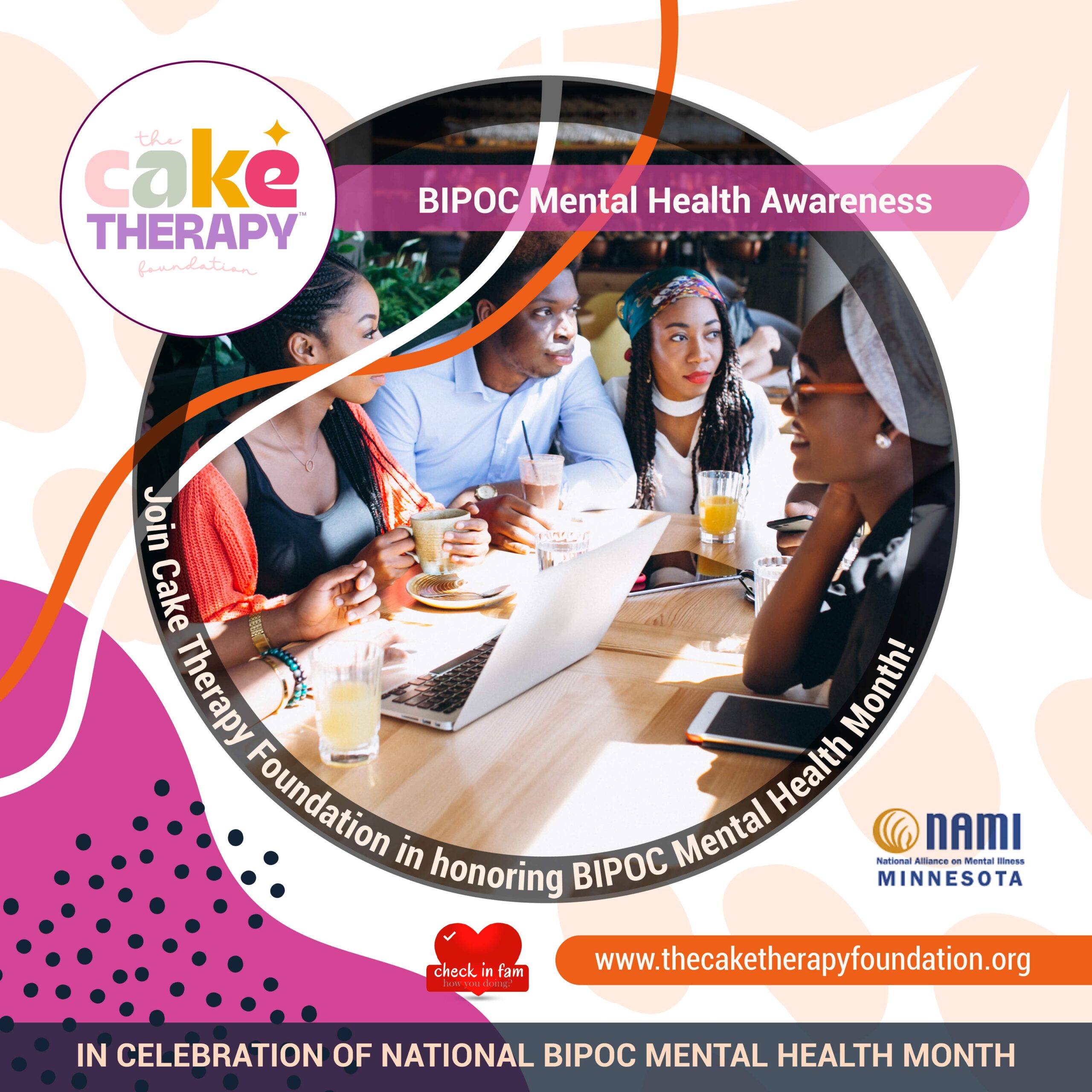
BIPOC Mental Health Awareness
Mental health is a crucial aspect of overall well-being, yet it often remains a taboo subject, especially within minority communities. For many individuals belonging to racial, ethnic, or cultural minorities, mental health issues are compounded by additional layers of complexity such as discrimination, cultural stigma, and limited access to appropriate healthcare services. Understanding and addressing these unique challenges is essential for fostering a healthier society.
One of the most significant barriers to mental health care within minority communities is cultural stigma. Many minority cultures may view mental health issues as a sign of weakness or a source of shame. This stigma can prevent individuals from seeking help, leading to untreated mental health conditions and a decline in overall quality of life.
Discrimination, whether overt or subtle, has a profound impact on mental health. Experiencing racism, xenophobia, or other forms of prejudice can lead to chronic stress, anxiety, depression, and other mental health disorders. The constant stress of facing discrimination can also exacerbate existing mental health issues, creating a vicious cycle that is difficult to break.
Access to mental health care is another critical issue for minority communities. Socioeconomic factors, language barriers, and a lack of culturally competent healthcare providers often prevent minorities from receiving the mental health care they need. Additionally, systemic issues within the healthcare system can result in minority patients receiving lower-quality care compared to their non-minority counterparts.
Culturally competent care involves understanding and respecting a patient’s cultural background, beliefs, and values. Healthcare providers who are culturally competent are better equipped to build trust with their patients, leading to more effective treatment outcomes. For minority communities, having access to culturally competent care can make a significant difference in their mental health journey.
Raising awareness about mental health and reducing stigma within minority communities is crucial. Educational campaigns that highlight the importance of mental health and promote understanding can encourage individuals to seek help. Building strong support networks within minority communities can provide individuals with the encouragement and resources they need to address their mental health. Community organizations, support groups, and peer networks can play a vital role in this regard.
Advocating for policy changes that address disparities in mental health care access and quality is essential. This includes increasing funding for mental health services, training more culturally competent healthcare providers, and implementing anti-discrimination policies within healthcare settings. Conducting research to understand the specific mental health needs of minority communities can inform better practices and policies. Data collection should include diverse populations to ensure that the unique challenges faced by minorities are adequately addressed.
Addressing minority mental health is a multifaceted challenge that requires a comprehensive and culturally sensitive approach. By raising awareness, improving access to care, and fostering a supportive community environment, we can work towards a future where everyone, regardless of their background, has the opportunity to achieve mental well-being. It is time to break the silence, dismantle the stigma, and embrace the diversity of mental health experiences within our communities.






